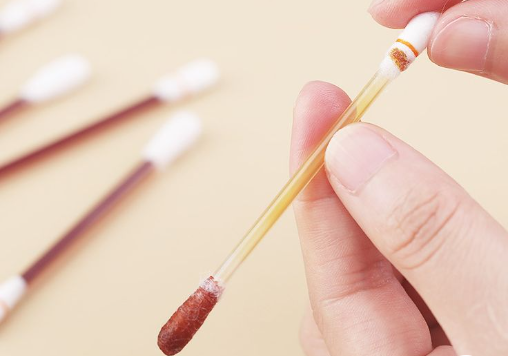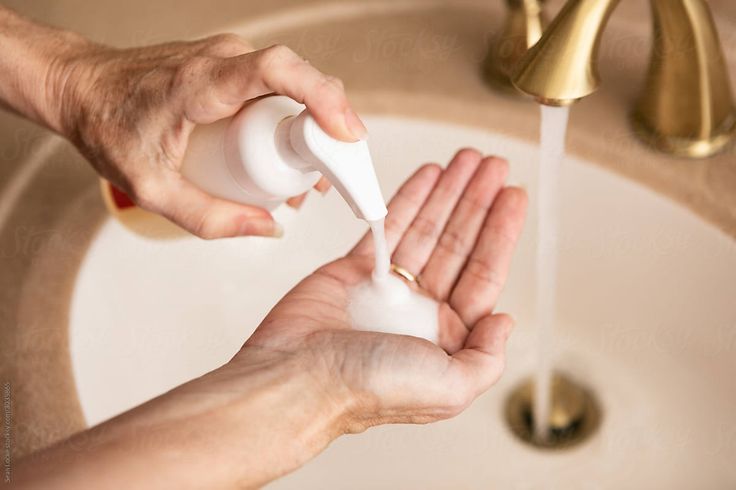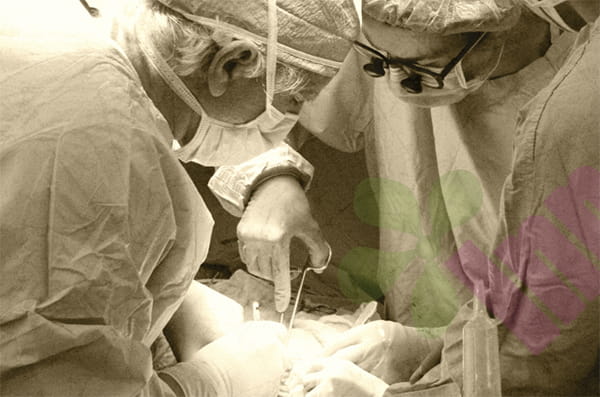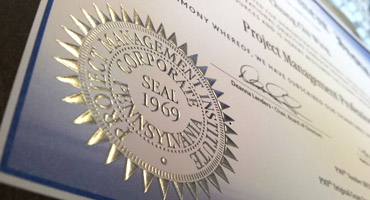Iodine tincture is a commonly used skin disinfectant, which is widely used due to its broad-spectrum antibacterial effect and relatively low irritation. However, not all wounds are suitable for iodine tincture disinfection. Improper use may delay healing or even cause additional damage.

What specific types of wounds should I avoid using iodine?
For fresh, superficial abrasions and cuts, avoid using iodine tincture for disinfection. These wounds can be cleaned simply by rinsing with saline. Excessive use of disinfectants may damage newly formed epithelial cells, delaying the healing process. Iodine tincture should also not be used on animal bites or deep puncture wounds. These wounds need to be kept open for drainage. Using iodine tincture may cause the disinfectant to remain deep within the wound and irritate the tissue. Also, discontinue the use of iodine tincture on healing wounds where healthy granulation tissue has formed. Granulation tissue indicates that the wound has entered the proliferative phase, and the use of iodine tincture at this time will inhibit fibroblast activity and affect collagen synthesis. Burn wounds, especially second-degree burns, should be protected and should not be torn before iodine tincture disinfection.
Which special parts of the wound should be used with caution?
Avoid using iodine on facial wounds, especially those near the eyes. Iodine can penetrate the eyes and cause damage to the conjunctiva and cornea. Wounds in this area are usually cleaned with sterile saline. Iodine should also not be used on wounds of the oral mucosa and lips, as it can be swallowed and cause gastrointestinal irritation. The skin around the perineum and genitals is more sensitive, and using iodine may cause irritation and discomfort. Infants and young children have thin and delicate skin, and iodine absorption is higher, which may affect thyroid function through skin absorption. Therefore, a gentler disinfection method should be used.
What problems may arise from long-term use of iodine?
Iodine tincture is cytotoxic to fibroblasts and keratinocytes, slowing wound healing. It can cause dryness and scaling around the wound, and even contact dermatitis. Frequent use of iodine tincture can lead to bacterial resistance, reducing disinfection effectiveness. Certain strains, such as Pseudomonas, are naturally resistant to iodine tincture, and its use may result in selective growth. Long-term, large-area use of iodine tincture can also cause iodine absorption, leading to elevated serum iodine levels and impacting thyroid function.
In what situations should iodine be discontinued immediately?
Significantly increased pain after using iodine may indicate irritation of exposed nerve endings or deeper tissues. If signs of an allergic reaction, such as redness, swelling, rash, or blisters, occur around the wound, discontinue use immediately. Increased exudate or unusually colored exudate after disinfection may indicate that continued use is unsuitable.
If wound healing stagnates or even appears to expand after using iodine tincture, consider changing the disinfection regimen. Systemic symptoms such as headache and fever, while rare, may indicate iodine absorption and require medical evaluation.

What are some suitable alternative disinfection options?
For most wound cleaning, normal saline is the safest choice. It does not damage new tissue and provides excellent cleansing effects, making it suitable for daily wound care. Chlorhexidine solution is effective against both gram-positive and gram-negative bacteria and has lower cytotoxicity than iodine tincture, making it suitable for wounds requiring antimicrobial treatment.
Silver ion dressings provide sustained antimicrobial action and are particularly suitable for chronic and infected wounds. Honey dressings have natural antimicrobial properties and promote autolytic debridement, making them suitable for a variety of difficult-to-heal wounds. Some newer dressings contain antimicrobial ingredients, such as polyhexamethylene biguanide, which offer a broad antimicrobial spectrum protection with minimal irritation. For more information on Innomed® Silver Ion Dressing Alginate, refer to the Previous Articles. If you have customized needs, you are welcome to contact us; You Wholeheartedly. At longterm medical, we transform this data by innovating and developing products that make life easier for those who need loving care.
Editor: kiki Jia

 English
English عربى
عربى Español
Español русский
русский 中文简体
中文简体








